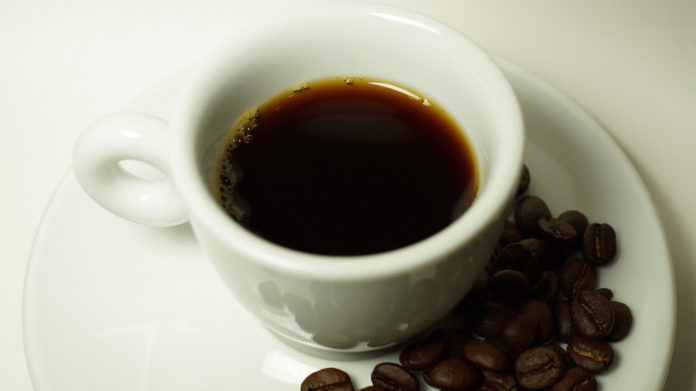U.S. food panel: Go nuts on coffee, kill your sugar intake

In a country with an estimated 108 million dieters attempting to kickstart their diet four or five times a year, there’s no shortage of advice on what to eat and drink.
What is lacking: a single, simple national standard based on the latest science — one that relegates old, unscientific assumptions about dietary fat and cholesterol to the scrap heap of history.
That’s what a government panel of experts, the Dietary Guidelines Advisory Committee, offered Thursday. The panel advises the FDA and other government agencies, which in turn set standards for the $16 billion worth of school meals distributed annually.
Part of what the committee recommended should come as no surprise. The main villain in its report is sugar, which the panel recommends take up no more than 10% of the calories in our food and drink. Currently, 13% of the calories Americans consume come from added sugar.
To really drive the point home, the panel’s report recommends doing the kind of thing liberal voters in Berkeley did last November: taxing sugary beverages and other sweet stuff. Salt is also in the firing line.
“Taxation on higher sugar-and sodium-containing foods may encourage consumers to reduce consumption and revenues generated could support health promotion efforts,” the report said.
Cholesterol is safe to eat, as is milk — so fire up the scrambled eggs.
Perhaps the most surprising part? Coffee not only gets a clean bill of health, but could actively reduce your risk for heart disease and type 2 diabetes.
The guidelines say you can drink up to five cups of joe a day without ill effects — if you take it black, that is.
“I don’t want to get into implying coffee cures cancer,” Cornell University nutritionist Tom Brenna, a panel member, told Bloomberg. “But there is no evidence for increased risk — if anything, [it’s] the other way around.”
Of course, the guidelines may not convince whatever portion of those 108 million dieters are stubbornly sticking to what we might now call a 1980s regimen — low-fat everything, with added sugars and sweeteners. But it might convince a few more of us that it’s time to drop the soda habit altogether.
More interesting to watch is what happens to Starbucks as a result of these guidelines (which, we should note, the FDA can still amend or reject).
The Seattle coffee giant might be expected to cheer the report on one hand — as a boost to black coffee sales — and curse it on the other. After all, those expensive sugar-filled Frappuccinos were barely coffee drinks to begin with.
